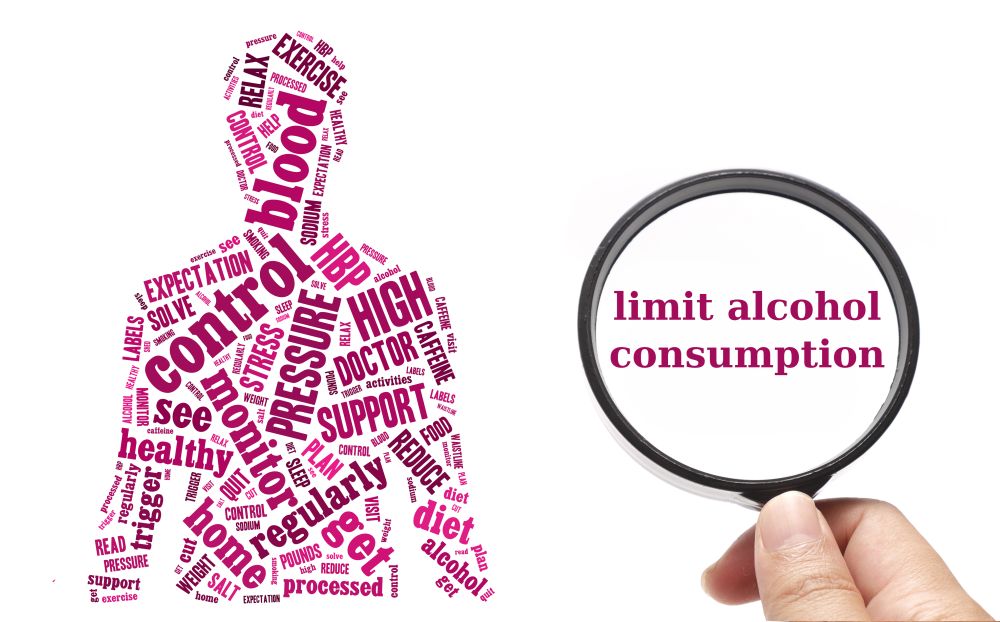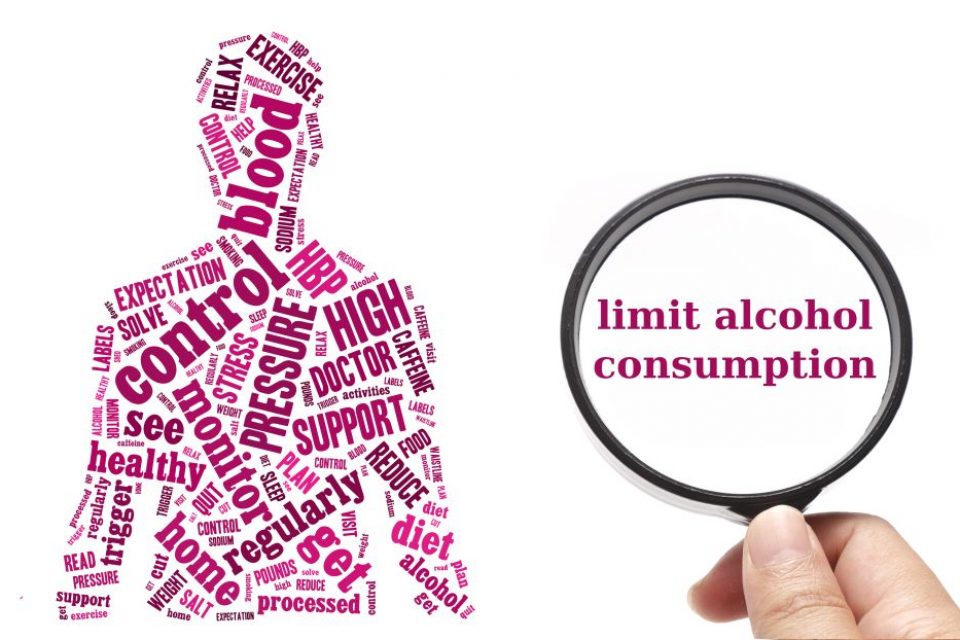
Most of us know that excessive consumption of alcohol can be harmful for the brain and body, so I won’t spend much time discussing that in this week’s blog post. What is less well-documented are the impact alcohol has on weight management and our physical fitness. It’s not uncommon for people to invest time and money into their fitness regime, but then unwittingly sabotage their efforts by drinking too much. In fact, many people aren’t even aware of what too much is. Anything more than two drinks per day (on average) is too much, and problem drinking comes in many forms. If you’ve lost one of your personal possessions or your phone more than twice due to alcohol; if you’ve missed work or social engagements more than twice; if you’ve said something you regretted on several occasions because of alcohol, then that’s problem drinking. It’s about where it takes you rather than how much you consume. (If you’re interested, my friend Dawn Comolly has an excellent blog about this).
What happens when you drink alcohol
Alcohol is absorbed rapidly into the bloodstream through the stomach and small intestine. Once absorbed, it effects every part of the body. In order to metabolise the alcohol, the liver takes on the brunt of the work, and the alcohol is then processed out via the breath and in the urine. (Interestingly, the lungs are the primary excretory organ for fat too – burned fat is literally expelled through the breath). Alcohol affects the brain in a number of ways, but primarily affects the frontal lobes, which influence speech, memory, judgement and movement. The central nervous system (CNS) is impacted also, and excessive (and prolonged) alcohol consumption can have long-term effects on impulse control and movement.
The effect on sport and fitness
Alcohol is a diuretic, so it dehydrates you. The brain is affected, as are the other primary organs, which reduces the flow of circulating oxygen and nutrients to the muscles. Studies have shown that performance becomes impaired when the body is as little as 2% dehydrated, so it doesn’t take much to impact your exercise performance levels if you’ve been drinking that day or the night before. You are also more likely to overheat if you’re dehydrated. Alcohol harms the muscles fibres, which impacts your recovery and negates a lot of the work you have done in the gym. It also reduces testosterone in the blood, and disrupts sleep. It is during deep sleep that growth hormones are released, which are vital for muscular gains.
While alcohol is present in the body, the liver will be working overtime to break down the alcohol and remove it. It therefore won’t be producing as much glucose, and your blood sugar will be lower and your performance will be slower. Not only will your performance be affected, but your co-ordination, speed and agility will also become impaired. If you’re hungover, the body can’t clear out lactic acid as effectively, and this also impairs performance.
The effect on weight management
Alcohol is very high in sugar, and it’s very easy to gain weight this way (or stall fat loss). There are 7 calories per gram of alcohol, and these calories are empty, i.e. they don’t contain any nutritional benefit. Calorie burn is slowed in the presence of alcohol, and the absorption of nutrients is also reduced. And as we know it’s very common to make poor food choices under the influence of alcohol or a hangover!
If you want to lose weight, or even maintain your weight, it’s really important to control your alcohol intake. I gave up alcohol in 2012, and I lost 3.5 stone primarily as a result of that (I also became more active and changed my diet). I am often amazed by people who carefully control their calories in food, then go out and drink to excess. Forgetting about the calories in drinks is one of the fundamental mistakes people make when trying to manage their weight.
The effect on your health
Alcohol affects everything in the body. Small amounts of alcohol are fine, but if good health is a priority (and I’m assuming it is if your reading this blog), then you’ll need to be moderate. Alcohol consumption can seriously affect your mental health, and many studies have linked it to depression, anxiety and chronic stress. Alcohol will slow down recovery from stress, exercise, illness and injury, and you can experience unusual heart rhythms for up to 2 days after a heavy drinking session. Alcohol is an insidious drug(yes, it’s a drug) that tends to creep up on people; you don’t tend to notice until it has a hold. I’ve observed that many people consume alcohol to help manage stress or sleep problems, but the irony is that it does neither, it simply makes things worse. A good diet, a regular exercise regime and something that helps you calm the body down (like breathing exercises, yoga, walking or reading) should always be your first line of defence.
Leanne Spencer is an entrepreneur, coach, TEDx Speaker, author of Remove the Guesswork, and founder of Bodyshot Performance Limited. Bodyshot is a health and fitness consultancy that helps busy professionals get more energy by removing the guesswork around their health, fitness and nutrition. Visit www.bodyshotperformance.com or email info@bodyshotperformance.com to register your interest in our services and connect with us on Facebook, Instagram and Twitter.


